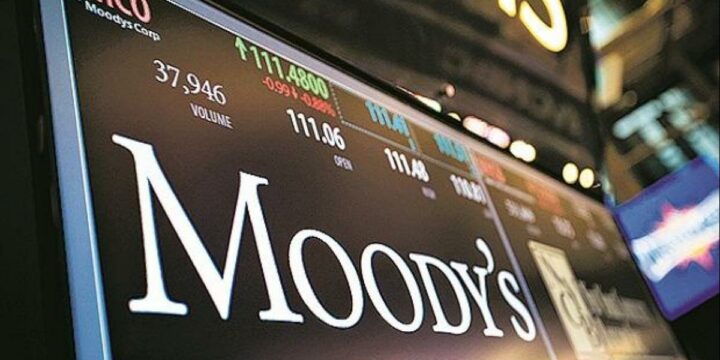Oracle’s negative results worry analysts, while Hasbro Job Cuts lead to a decrease in its stock price, whilst Google’s power is in danger
Dec 12th, 2023 - Today’s market performance of portfolio holding Oracle (ORCL) (0.4 units @111.10) was characterized by a huge sell-off, which caused a remarkable percentage decrease in the stock price of -12.44%. This was mainly due to the negative reaction investors had in regards to Oracle’s results for the second quarter of its current fiscal year. Not only did sales for the period largely miss the target set by analysts by around $110 million, but revenue from key sectors like cloud services and license support also rose only by 12%, compared with the same period of the previous fiscal year. The latter is a very important factor to consider, taking into account that market operators are worried that Oracle will not be able to continue competing with the main…



